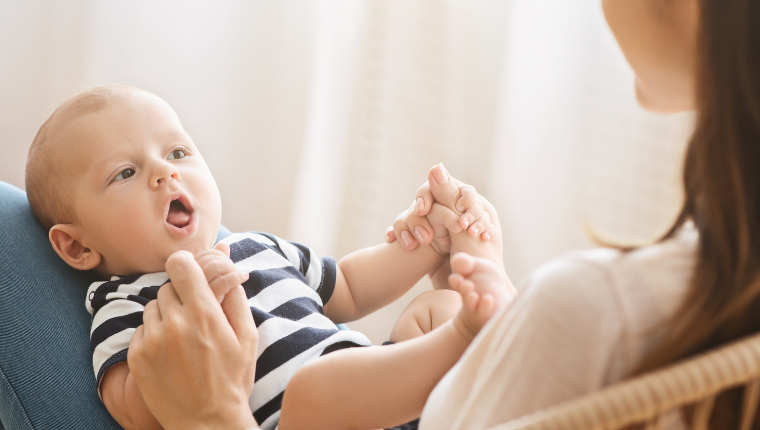The Future of Education Starts with Conversations—Not Classrooms
In Aotearoa, education does not begin when a child first steps into a classroom; it starts from their very first breath, with their first kōrero. It is woven deeply into every bedtime story, playful waiata, and gentle exchange between whānau and tamariki. Long before formal education begins, children are already immersed in learning through connection, care, and conversation.
Every giggle, every curious question, every story told under the stars is building the intricate architecture of a child's brain. Research from Harvard's Centre on the Developing Child reveals that 90% of brain development occurs before age five, underscoring how vital these early years are. These foundational moments aren’t simply preparation for school—they embody education in its purest form.
Yet, in both Aotearoa and Australia, national dialogue around education too often waits until school enrolment, overlooking critical early years. While curriculum reform and teacher training are essential, they cannot reclaim opportunities missed during a child's earliest, most formative interactions.
The OECD’s Starting Strong report echoes what we have always known here at 4E’s Consulting: investing deeply in early childhood—particularly in rich, language-filled, culturally affirming, play-based environments—yields profound and lasting impacts on children's academic achievements and overall wellbeing.
In Te Āo Māori, we recognise tamariki as taonga, treasured beings deeply interconnected with their whānau and whakapapa. This understanding guides us to cherish and nurture early relational bonds through whanaungatanga, manaakitanga, and aroha. Such culturally anchored practices affirm the child’s identity, creating secure foundations from which they confidently explore the world.
That’s why at 4E’s, we call for a transformative shift.
We must Engage Earlier:
- Engage whānau from birth, affirming their critical role as first educators.
- Engage policy discussions around the first 1,000 days, centering on relational care and connection as fundamental.
- Engage communities to treasure and uphold the early years as sacred, formative years.
The Ministry of Education’s Best Evidence Synthesis highlights the significance of early language exposure as a powerful predictor of future academic success. Words are more than sounds — they’re pathways to identity, belonging, and potential. Conversations build futures.
True transformation begins not in learning environments or institutions, but within hearts and intentions. When whānau, kaiako, iwi leaders, and communities come together early, listen deeply, and act collectively, change happens. To change systems, we first need to shift mindsets, recognising and valuing these precious early years.
The future of education in Aotearoa does not start in Year 1.
It begins in our homes, on our marae, in playgrounds and during storytime circles — where tamariki first learn they are heard, respected, and deeply valued.
Let’s begin this kōrero, together.


